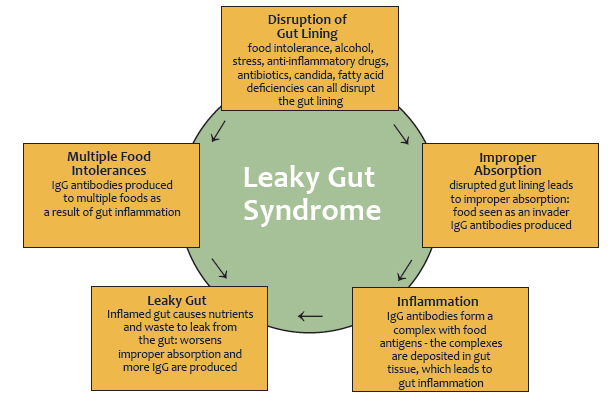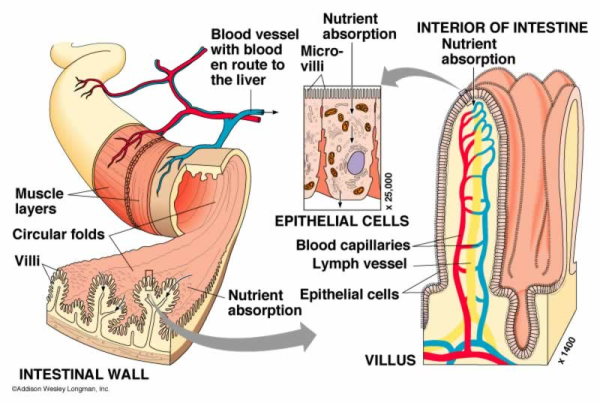Clonidine medication for alcoholism

Clonidine medication for alcoholism treatment
Clonidine medication for alcoholism: Dealing with withdrawal problems
For effective alcoholism recovery, all the alcoholics must first pass through a period of withdrawals symptoms. According to the experts at AWAREmed health and wellness resource center under the leadership of doctor Dalal Akoury MD, man times these symptoms will be mild. Currently, there are a number of medications that can make the process from addiction to withdrawals pass more comfortably. One of the drugs that can be of value in the treatment of alcohol withdrawals is Clonidine medication. This is not a wonder drug but it can help significantly reduce the experience of some unpleasant symptoms. Clonidine a drug known as a centrally acting alpha-agonist hypotensive agent. It is commonly used in the treatment of high blood pressure (hypertension). It does this by reducing the heart rate and relaxing blood vessels. Clonidine is also known as a sympatholytic drug because it inhibits Postganglionic nerve fibers which in turn alter the functioning of the sympathetic nervous system.
Clonidine medication for alcoholism: Uses of clonidine
Clonidine is used in the treatment of a number of conditions including:
- Treatment of restlessness
- Treatment of night sweats
- Treatment of neuralgia
- Treatment of menstrual cramps
- Treatment for Rosacea (chronic facial redness)
- To reduce tachycardia (high pulse rate)
- Symptoms associated with menopause such as hot flushes.
- Restless leg syndrome
- Post-traumatic stress disorder
- Local anesthetic
- It is used in the treatment of addiction withdrawal symptoms.
- It is used in conjunction with stimulants to treat attention deficit disorder.
- It can help with insomnia
- It can be used for the treatment of panic attacks and anxiety disorder.
- It can be used for dealing with tics associated with Tourette syndrome.
- It can be used as mild sedative given to people prior to surgery to help them relax.
- Headaches
- Antihypertensive – it lowers blood pressure
Clonidine medication for alcoholism: Potential side effects of clonidine
The known potential side effects associated with using Clonidine includes:
- The individual may experience dizziness.
- Swelling on the body
- Some people who use this drug will develop constipation.
- Problems with breathing
- Mood changes
- It may lead to drowsiness.
- It can lead to episodes of hypotension.
- It can cause people to develop a dry mouth.
- Headaches
- Cold hands and feet
- Body rashes
- Allergic reactions
Some of these side effects are rare and most people who take the drug will not experience them.
Clonidine medication for alcoholism: Alcohol withdrawals explained
If people have developed a physical dependence on alcohol they will suffer symptoms should they suddenly stop drinking or significantly reduce their intake. It can even be the case of bad hangover symptoms that some alcoholics experience before the first drink of the day can be the result of these withdrawals. If people decide to enter recovery they are likely to experience some initial symptoms which can include:
- Nausea and vomiting
- Upset stomach
- Feelings of irritability
- Mood swings
- Cravings for alcohol
- A type of mental fuzziness – the person feels like their mental functioning is compromised.
- Mild symptoms of depression
- Insomnia
- When people do fall asleep they may experience intense nightmares.
- Body aches.
- Sweating or clammy skin
- Poor concentration and focus
- Feelings of anxiety – the individual is easily startled
- Headaches
- Changes to blood pressure and pulse.
In some instances, the individual can experience a particularly dangerous form of withdrawal symptom known as delirium tremens (DTs). It is possible for people to die if they enter this level of withdrawal so they need to be medically supervised. Symptoms of DTs include seizures and intense hallucinations and seeking for professional touch with doctor Akoury is what you need now.
Clonidine medication for alcoholism: Dealing with withdrawal problems
http://www.I-AM-I.com/wp-admin












